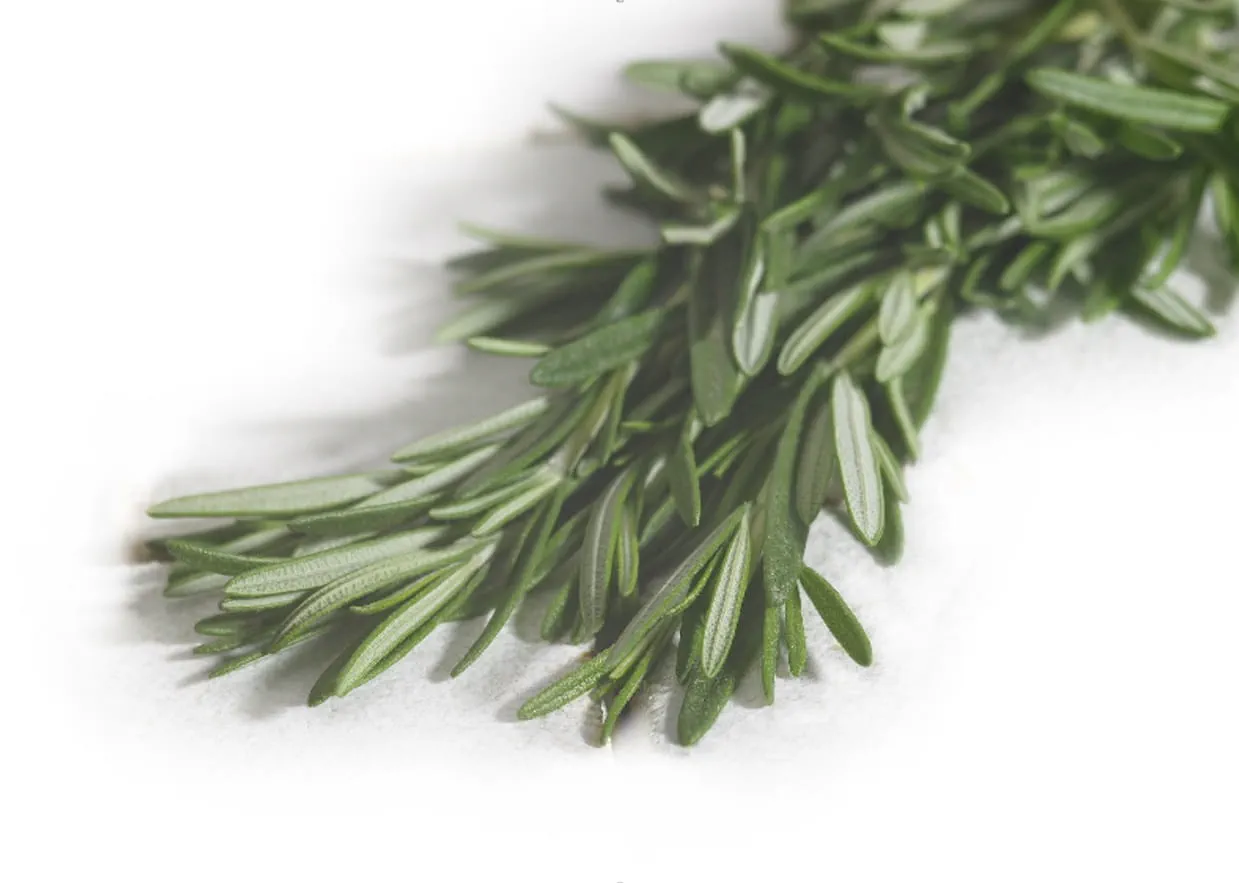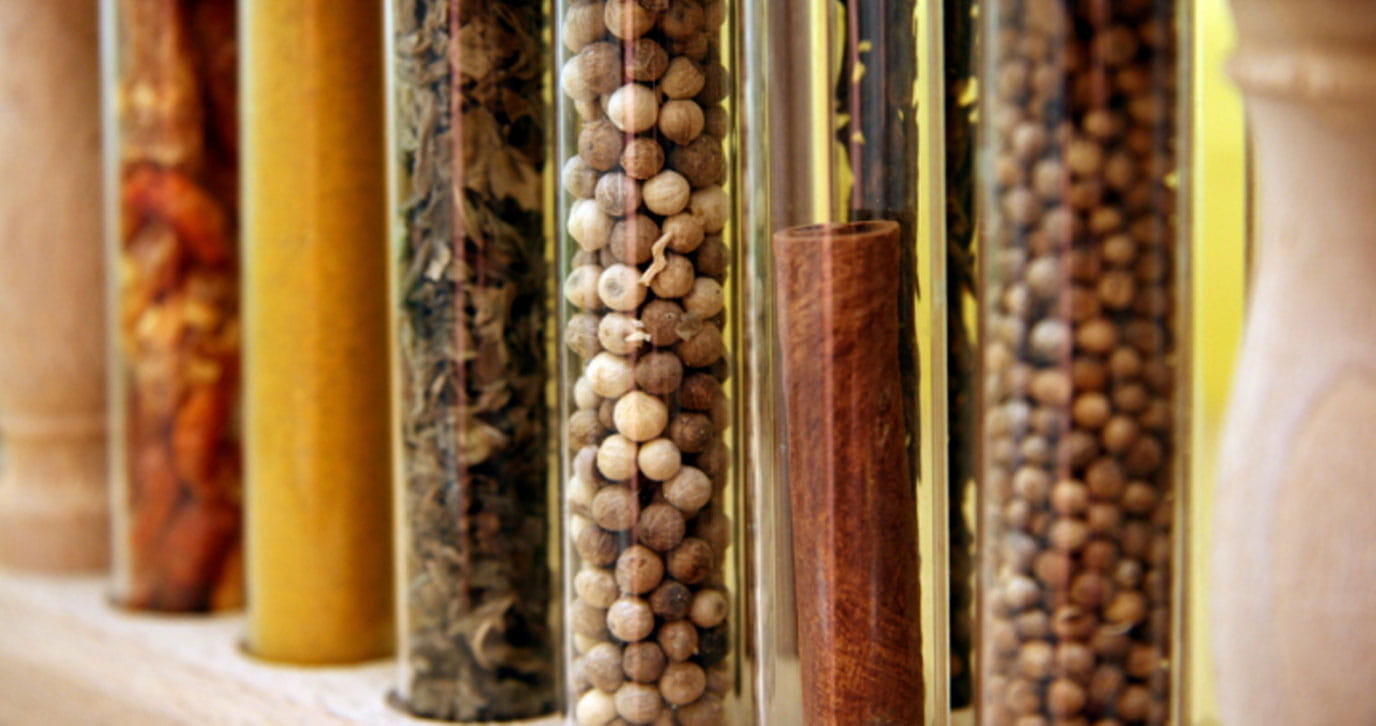January, 2026
Bioenhancer Assessment of Black Pepper with Turmeric on Self-Reported Pain Ratings in Adults: A Randomized, Cross-Over, Clinical TrialRosemary and Cognitive Function
Pengelly A, Snow J, Mills S, Scholey A, Wesnes K and Reeves Butler L

September 2011--A randomized placebo controlled study, funded by the McCormick Science Institute, looked at the effects of culinary doses of dried rosemary on cognition and memory in older adults (average age 75). Download the PDF
Overview
A randomized, placebo-controlled, crossover study looked at the short term effects of dried rosemary leaf powder on cognitive performance.
Methods
Twenty-eight older adults (8 men, 20 women, mean age, 75) participated in the study. The volunteers consumed a reduced sodium tomato juice drink with differing amounts of rosemary added (750 mg, 1500mg, 3000 mg, or 6,000 mg) or a control tomato juice drink with no rosemary. The volunteers then completed several cognitive function tests as well as an assessment of their mood 1, 2.5, 4, and 6 hours after consuming the tomato juice and rosemary (or control) drink.
Results
Volunteers had the best “speed of memory” test scores when they consumed the lowest dose of rosemary (750g) with the tomato juice. However, when the volunteers consumed higher doses, they had lower “speed of memory” scores compared to when they had no rosemary in their drink. On average, the volunteers did better on the other cognitive function tests when they consumed the tomato juice drink only compared to when they consumed the drink with added amounts of rosemary.
Conclusions
The study was limited in that the doses of rosemary used were higher than amounts typically used in food and drink in the United States in order to test short term (acute) effects. The dried rosemary powder at the dose nearest normal culinary consumption (750) had the best effects on cognition. Further studies need to investigate the effects of low doses of rosemary on memory and cognition over the longer term.






